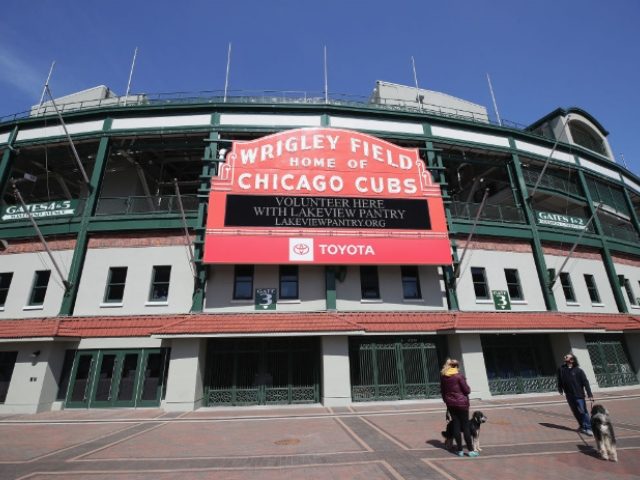CHICAGO (AP) — A woman who was struck in the face by a foul ball during a Chicago Cubs game at Wrigley Field two years ago has filed a lawsuit against the team and Major League Baseball.
In her lawsuit filed this week, Laiah Zuniga, 28, says the ball knocked her unconscious, caused fractures under both of her eyes and caused extensive damage to her teeth. She said it hit her because the stadium hadn’t extended the netting that protects fans from foul balls all the way down the third base line, where she was sitting.
“Major League Baseball and the Cubs were aware that severe injuries from foul balls could happen to its fans sitting in rows near the field because it had happened many times before,” Tracy Brammeier, an attorney at Clifford Law Offices representing Zuniga, said in a statement. ”Just last year the MLB announced that all 30 teams would extend netting, … but it’s too late for Laiah.”
The lawsuit filed in Cook County Circuit Court also notes that the league’s recommendation for how far to extend such netting still leaves fans like Zuniga at risk of serious injury and points out that had the Cubs extended the netting farther, as some other teams have done, Zuniga would not have been injured.
The lawsuit, which seeks more than $50,000 in damages from the Cubs and MLB, is similar to one filed in 2017 by a suburban Chicago man who was blinded in one eye when he was hit by a foul ball at Wrigley. That case is pending.
Major League Baseball has come under fire from critics, including some players, who say the netting should be extended farther to protect fans. Last season in Houston, a foul ball off the bat of Cubs’ player Albert Almora Jr. struck a 2-year-old girl, fracturing her skull.
Professional sports teams have largely been protected from lawsuits by what is called the “baseball rule” that, as anyone who has read the back of a ticket stub knows, states that the ticket-holder assumes the risks and dangers that come with attending a game. That so-called “assumption of risk” has been spelled out on ticket stubs for more than a century.

COMMENTS
Please let us know if you're having issues with commenting.